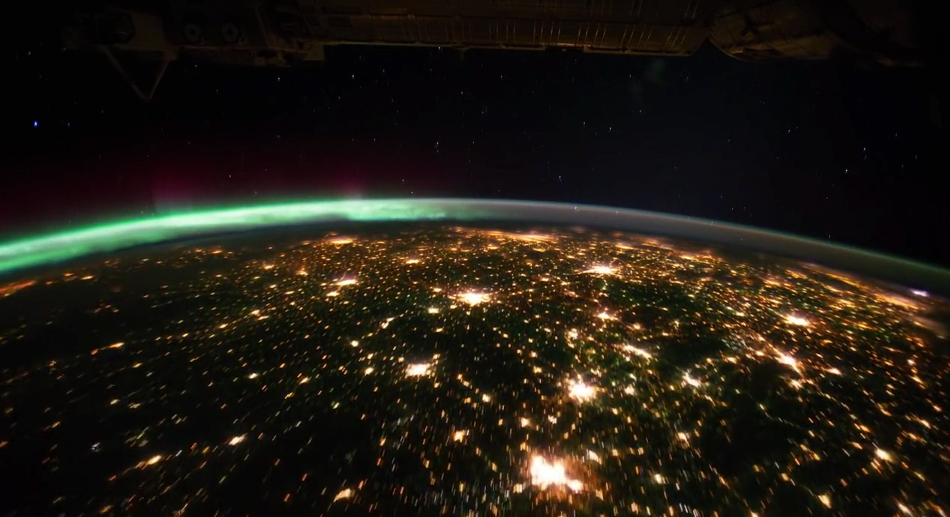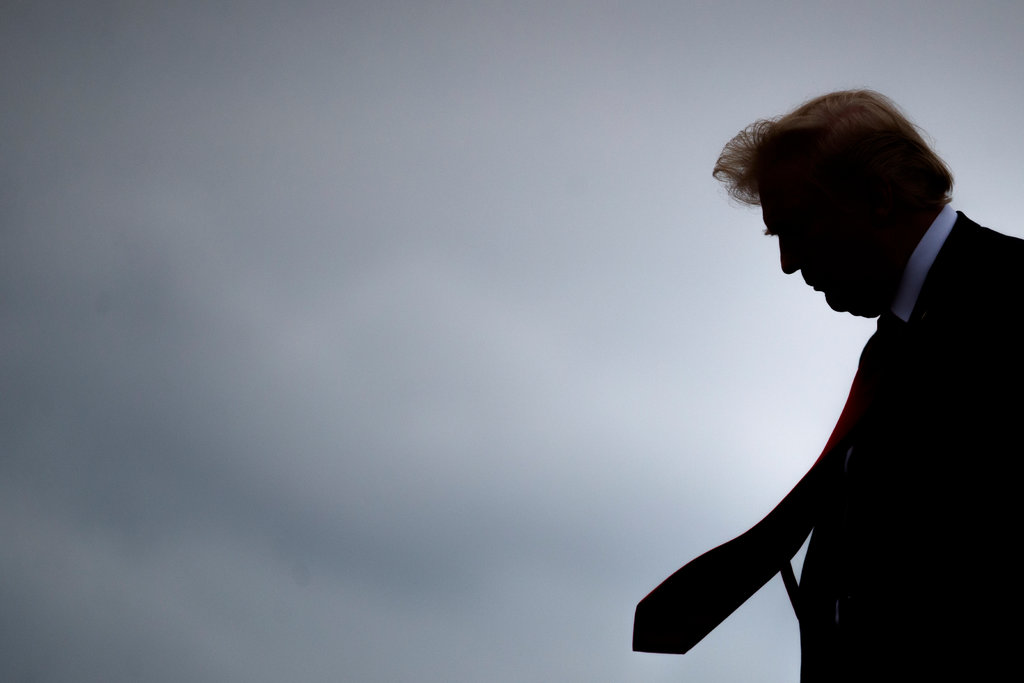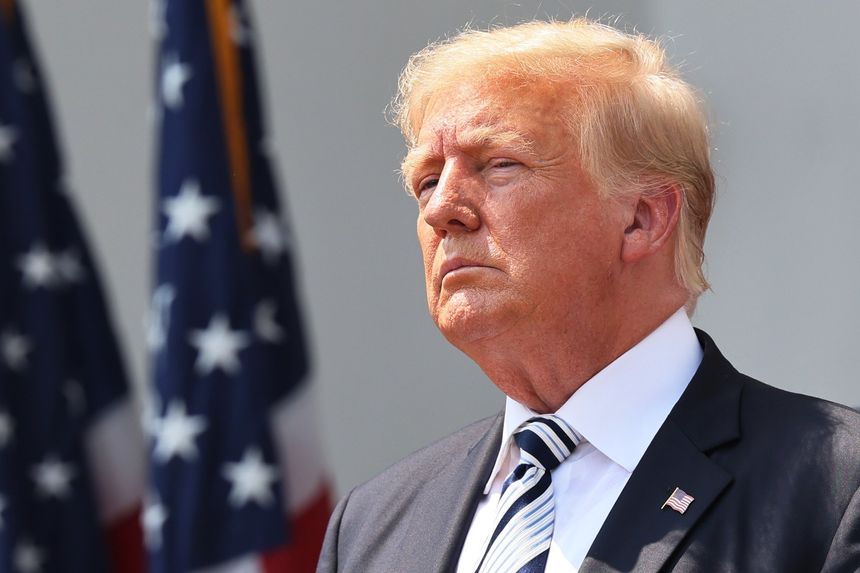
Earth
An absolute lullaby. On any screen. Sit back and enjoy the ride.
EARTH from Michael König on Vimeo.

EARTH from Michael König on Vimeo.

Excellent. To be understood by anyone still puzzled and looking for answers.
By Roger Cohen, NYTimes, Aug. 24, 2018
RIDGWAY, Colo. — It’s different in the West. It’s easier to feel in touch with some essence of what America is. The space, so much of it still, so empty, so awe-inspiring, speaks of American possibility. The boundlessness invites reinvention and prickly individualism. Here in Colorado, purple state, split between gun lovers and legal marijuana lovers, the libertarian streak runs strong.
That’s the bit of the United States the rest of the world finds hardest to fathom. Why the scorn for handouts, the equating of universal health care with socialism, the obsession with self-reliance, the refusal to see that a profusion of guns leads to a profusion of mass shootings? Of course a crowded Europe with its wounds seeks solidarity in the name of stability, while America with its wide-open spaces embraces the right to be left alone (at least until you need Medicaid) and the right, whatever its risks, to the next frontier.
I said it’s different in the West. It’s not so different in the West, it’s just that you see more clearly what the country stood for in its own mythologized self-image, what it was to be an American, what it was to aspire to some new and exemplary measure of freedom, and how far things have fallen to produce President Donald Trump.
No part of the country today is immune to American fracture or the squalid Trump wars, to cultural confrontations over identity and gender and race, to the effects of stagnant incomes over decades, or to the narcissism of modernity.
In a purple state, unlike in Brooklyn, N.Y., or Palo Alto, Calif., these differences press in on each other. Conversations occur that break through ideological lines. Grand Junction, in western Colorado, voted for Trump at the last election. There, I spoke to Robert Babcox, a pastor, who praised the president for sticking to his campaign promises and, “for all the bravado,” getting the economy revved up.
Babcox called the ban on high-capacity gun magazines that hold more than 15 rounds, signed into law by John Hickenlooper, the Democratic governor who has presidential aspirations, “a silly law.” The pastor said he could drive across the nearby border into Utah and buy a high-capacity magazine. He said the Second Amendment was designed to create a militia “equal to the government to ensure self-reliance,” and that therefore the ban on the magazines should be overturned. He said, “If I can limit somebody on what weapons they can buy, why would I not be able to limit what you can say about me under the First Amendment? When we endanger one right, we endanger them all.”
Words don’t kill, I said. Some things are worse than death, he said. So, I asked, Trump’s great? No, the pastor said. He only trusted Trump “to a degree.” Someone should take away his cellphone, he said. Americans can come together, he said, praising John F. Kennedy. “I served in the Navy,” he said. “I saw so many taken before their time — white, black, Hispanic. It all hurt me just the same, and they all bled red, and that lesson stayed with me.”
The thing about all the shocking Trump revelations — Michael Cohen’s about violating campaign finance laws by paying hush money to two women in coordination with a “candidate for federal office” being the latest — is that they are already baked into Trump’s image. His supporters, and there are tens of millions of them, never had illusions. I’ve not met one, Babcox included, who did not have a pretty clear picture of Trump. They’ve known all along that he’s a needy narcissist, a womanizer, a lowlife, a liar, a braggart and a generally miserable human being. That’s why the “Access Hollywood” tape or the I-could-shoot-somebody-on-Fifth-Avenue boast did not kill his candidacy.
It’s also why the itch to believe that the moment has come when everything starts to unravel must be viewed warily. Sure, Trump sounds more desperate. But who’s the enforcer if Trump has broken the law? It’s Congress — and until things change there (which could happen in November) or Republicans at last abandon a policy of hold-my-nose opportunism, Trump will ride out the storm.
There’s a deeper question, which comes back to the extraordinary Western landscape and the high American idea enshrined in it. Americans elected Trump. Nobody else did. They came down to his level. White Christian males losing their place in the social order decided they’d do anything to save themselves, and to heck with morality. They made a bargain with the devil in full knowledge. So the real question is: What does it mean to be an American today? Who are we, goddamit? What have we become?
Trump was a symptom, not a cause. The problem is way deeper than him.
For William Steding, a diplomatic historian living in Colorado, American individualism has morphed into narcissism, perfectibility into entitlement, and exceptionalism into hubris. Out of that, and more, came the insidious malignancy of Trump. It will not be extirpated overnight.

Another excellent essay on what’s happening. I only wish the amount of people behind this man was subject to reduction of any amount. Even the slightest migration of heretofore supporters away from Trump has the potential to build to a tipping point and puncture this nightmare from inflating to dire proportions.<MB
By Peter Wehner
Mr. Wehner served in the previous three Republican administrations and is a contributing opinion writer.
Aug. 25, 2018
There’s never been any confusion about the character defects of Donald Trump. The question has always been just how far he would go and whether other individuals and institutions would stand up to him or become complicit in his corruption.
When I first took to these pages three summers ago to write about Mr. Trump, I warned my fellow Republicans to just say no both to him and his candidacy. One of my concerns was that if Mr. Trump were to succeed, he would redefine the Republican Party in his image. That’s already happened in areas like free trade, free markets and the size of government; in attitudes toward ethnic nationalism and white identity politics; in America’s commitment to its traditional allies, in how Republicans view Russia and in their willingness to call out leaders of evil governments like North Korea rather than lavish praise on them. But in no area has Mr. Trump more fundamentally changed the Republican Party than in its attitude toward ethics and political leadership.
For decades, Republicans, and especially conservative Republicans, insisted that character counted in public life. They were particularly vocal about this during the Bill Clinton and Monica Lewinsky scandal, arguing against “compartmentalization” — by which they meant overlooking moral turpitude in the Oval Office because you agree with the president’s policy agenda or because the economy is strong.
Senator Lindsey Graham, then in the House, went so far as to argue that “impeachment is not about punishment. Impeachment is about cleansing the office. Impeachment is about restoring honor and integrity to the office.”
All that has changed with Mr. Trump as president. For Republicans, honor and integrity are now passé. We saw it again last week when the president’s longtime lawyer Michael Cohen — standing in court before a judge, under oath — implicated Mr. Trump in criminal activity, while his former campaign chairman was convicted in another courtroom on financial fraud charges. Most Republicans in Congress were either silent or came to Mr. Trump’s defense, which is how this tiresome drama now plays itself out.
It is a stunning turnabout. A party that once spoke with urgency and apparent conviction about the importance of ethical leadership — fidelity, honesty, honor, decency, good manners, setting a good example — has hitched its wagon to the most thoroughly and comprehensively corrupt individual who has ever been elected president. Some of the men who have been elected president have been unscrupulous in certain areas — infidelity, lying, dirty tricks, financial misdeeds — but we’ve never before had the full-spectrum corruption we see in the life of Donald Trump.
For many Republicans, this reality still hasn’t broken through. But facts that don’t penetrate the walls of an ideological silo are facts nonetheless. And the moral indictment against Mr. Trump is obvious and overwhelming. Corruption has been evident in Mr. Trump’s private and public life, in how he has treated his wives, in his business dealings and scams, in his pathological lying and cruelty, in his bullying and shamelessness, in his conspiracy-mongering and appeals to the darkest impulses of Americans. (Senator Bob Corker, a Republican, refers to the president’s race-based comments as a “base stimulator.”) Mr. Trump’s corruptions are ingrained, the result of a lifetime of habits. It was delusional to think he would change for the better once he became president.
Some of us who have been lifelong Republicans and previously served in Republican administrations held out a faint hope that our party would at some point say “Enough!”; that there would be some line Mr. Trump would cross, some boundary he would transgress, some norm he would shatter, some civic guardrail he would uproot, some action he would take, some scheme or scandal he would be involved in that would cause large numbers of Republicans to break with the president. No such luck. Mr. Trump’s corruptions have therefore become theirs. So far there’s been no bottom, and there may never be. It’s quite possible this should have been obvious to me much sooner than it was, that I was blinded to certain realities I should have recognized.
In any case, the Republican Party’s as-yet unbreakable attachment to Mr. Trump is coming at quite a cost. There is the rank hypocrisy, the squandered ability to venerate public character or criticize Democrats who lack it, and the damage to the white Evangelical movement, which has for the most part enthusiastically rallied to Mr. Trump and as a result has been largely discredited. There is also likely to be an electoral price to pay in November.
But the greatest damage is being done to our civic culture and our politics. Mr. Trump and the Republican Party are right now the chief emblem of corruption and cynicism in American political life, of an ethic of might makes right. Dehumanizing others is fashionable and truth is relative. (“Truth isn’t truth,” in the infamous words of Mr. Trump’s lawyer Rudy Giuliani.) They are stripping politics of its high purpose and nobility.
That’s not all politics is; self-interest is always a factor. But if politics is only about power unbounded by morality — if it’s simply about rulers governing by the law of the jungle, about a prince acting like a beast, in the words of Machiavelli — then the whole enterprise will collapse. We have to distinguish between imperfect leaders and corrupt ones, and we need the vocabulary to do so.
A warning to my Republican friends: The worst is yet to come. Thanks to the work of Robert Mueller — a distinguished public servant, not the leader of a “group of Angry Democrat Thugs” — we are going to discover deeper and deeper layers to Mr. Trump’s corruption. When we do, I expect Mr. Trump will unravel further as he feels more cornered, more desperate, more enraged; his behavior will become ever more erratic, disordered and crazed.
Most Republicans, having thrown their MAGA hats over the Trump wall, will stay with him until the end. Was a tax cut, deregulation and court appointments really worth all this?
The first time you see ‘sand piracy,’ it might sound surreal — a misguided Pixar villain whose lackeys race down the beach with empty buckets and sinister intent, doomed to fail in the face of a resource that spans the whole ocean.
Then you find out about someone stealing 1,300 feet of sand from a beach in Jamaica, or the many sand miners whose dredgers suck sand from the ocean floor by the ton and, suddenly, it doesn’t sound as funny — or as impossible — as it did before.
In The World in a Grain: The Story of Sand and How it Transformed Civilization, journalist Vince Beiser peppers research with first-person interviews in an engaging and nuanced introduction to the ways sand has shaped the world, and how globalization — both its possibility and its greed — has turned it into one of the most important and most controversial substances on the planet.
Sand (particularly in quartz or water) is a critical component of modern life: concrete for the building you’re standing in, roads for how you got there, glass and microchips for the screen you’re reading this on, fiber-optic cable for the network that sent it.
Like many other natural resources, sand is finite. Like many other natural resources, it’s in trouble. And as with any other necessary commodity, the industries and governments that need it will do whatever it takes to get more.
But this is hardly new; Beiser’s brief history of sand seems designed to make you think about the difficult symbiosis of growth and consumption that creates modern convenience. The numbers can be stunning — as can the ways success came at the expense of sustainable practices in nature, and those whose jobs vanished in its wake. Take the bottle company that automated its glassblowing process in 1903, a tactic an industry magazine praised because it “eliminates all skill and labor” — and a tactic so efficient that in just a year, the demand for the silica sand used to make the glass jumped from 1.1 million to 4.4 million tons.
In Beiser’s hands, that human and natural cost of industry isn’t just an issue of labor or space. It’s a significant undercurrent to all his stories of industrial progress, and affects the modern day as much as any piece of technology. The first-person interludes give these moments a welcome immediacy — say, when he tries to get information from a North Carolina quartz-mining company that hoards both land and information about its practices. Eventually, even his dry humor gets buried under the sense that we’re hurtling toward something unspeakable.
This comes into sharpest focus whenever he turns to the environmental impacts of sand mining. It’s an impossible cost to sustain, and governments worldwide are increasingly being asked to make plans about how to protect their own sand while making sure not to stop the flow of modern conveniences. For this, Beiser steps away from a slightly America-centric history to track sand worldwide, following sales routes, interviewing farmers about fracking, discussing Dubai islands being built atop protected coral reefs, or driving through landscaped deserts in China. He insists on a certain pragmatic understanding that we can’t un-build our cement, but there’s also a sense of genuine alarm. No wonder that when Beiser looks at sand-chewing highway systems that encourage vehicles, the sand-chewing fracking mines that try to extract fuel to power those vehicles, and lenient or corrupt government officials unwilling to enforce regulations, he just sees “sand abetting sand abetting sand.”
It might be strange to think the seemingly endless thing that coats the seas is a fragile resource at a crisis point. Yet in The World in a Grain, the numbers are staggering, the methods are eyebrow-raising, and the implications are dire.
Beiser’s no-nonsense writing makes light reading of a grim subject, but it paints a telling picture of how great a problem lies before us. It’s a topic that begs for deep consideration on a global scale; in the meantime, you’ll never look at a beach the same way again.

Paul Chisholm
Farmers face a growing dilemma. Specifically, a food-growing dilemma.